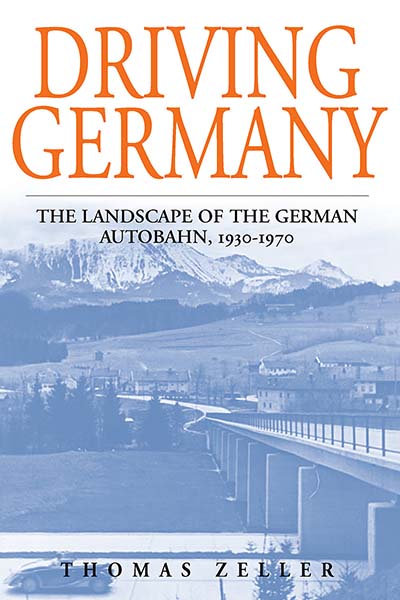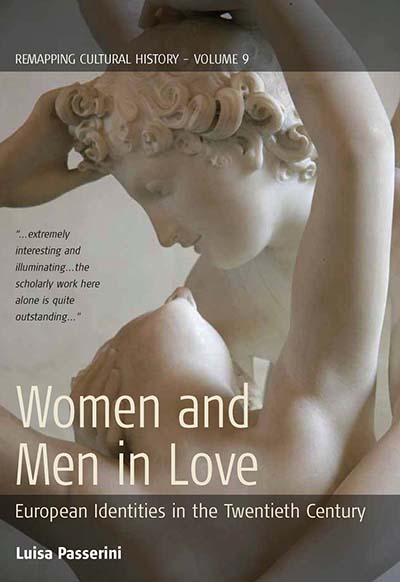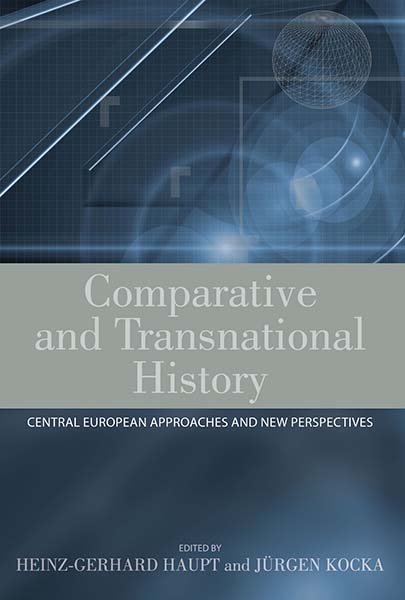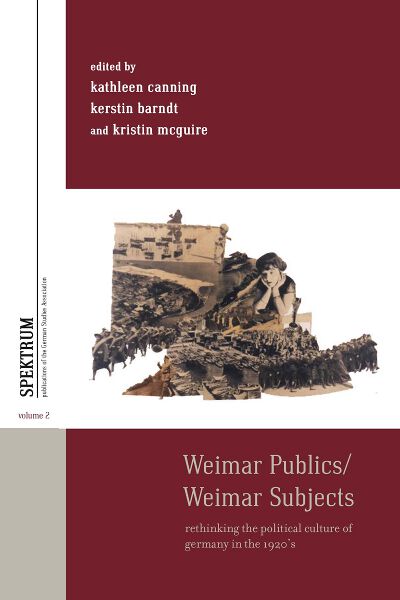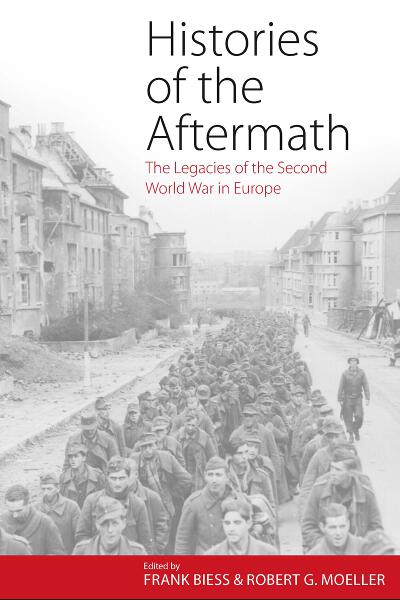
See Related
History JournalsEmail Newsletters
Sign up for our email newsletters to get customized updates on new Berghahn publications.
Histories of the Aftermath
The Legacies of the Second World War in Europe
Edited by Frank Biess and Robert G. Moeller
326 pages, bibliog., index
ISBN 978-1-84545-732-7 $135.00/£99.00 / Hb / Published (July 2010)
eISBN 978-1-84545-998-7 eBook
Reviews
“The editors and contributors have created a volume that is easily accessible for graduate students and upper-level undergraduate seminars. Professional historians will also benefit greatly because so few of us have tried to understand this period without the blinders of Cold War dichotomies.” · Slavic Review
“Frank Biess' introduction perfectly sets the tone for this book by reviewing where present-day post- 1945 historiography stands following the scholarship of the late Tony Judt… The structure of the book is impressive; five parts and sixteen essays…[The essays in this collection are] extraordinarily well thought-through…Histories of the Aftermath compares with any scholarly masterpiece about reconstruction after the American Civil War… For this reason this book is essential reading for any European history course.” · Canadian Journal of History
"With [this volume] Frank Biess and Robert G. Moeller have assembled a fine set of essays. Offering thematic and geographic breadth, the collection presents stimulating and rewarding ways of thinking about the legacies of the war in Europe…What is unusual is the cross-pollination of theoretical frameworks and topical emphases in ways that shed genuinely new light on the subject… It is tempting to suppose that little remains to be said about Europeans’ ‘coming to terms with their past’. This volume shows how fruitful this line of inquiry still can be" · English Historical Review
“This is an excellent collection. In its thematic breadth and its broad geographical coverage it is quite distinctive.” · Mark Roseman, Indiana University, Bloomington
Description
In 1945, Europeans confronted a legacy of mass destruction and death: millions of families had lost their homes and livelihoods; millions of men in uniform had lost their lives; and millions more had been displaced by the war’s destruction, and the genocidal policies of the Nazi regime. From a range of methodological historical perspectives—military, cultural, and social, to film and gender and sexuality studies—this volume explores how Europeans came to terms with these multiple pasts. With a focus on distinctive national experiences in both Eastern and Western Europe, it illuminates how postwar stabilization coexisted with persistent insecurities, injuries, and trauma.
Frank Biess is Associate Professor of History at the University of California, San Diego. He is the author of Homecomings: Returning POWs and the Legacies of Defeat in Postwar Germany (Princeton UP, 2006), and he is currently working on a history of fear and anxiety in postwar Germany.
Robert G. Moeller is Professor of modern European and German history at the University of California, Irvine. He has published widely on the social, cultural, and political history of Germany in the twentieth century.

